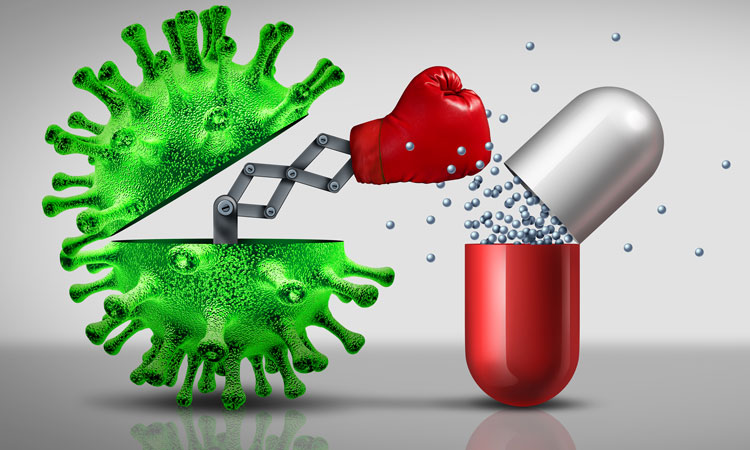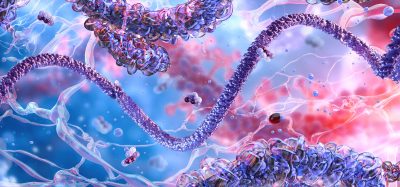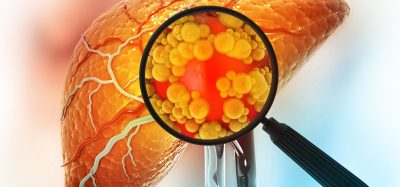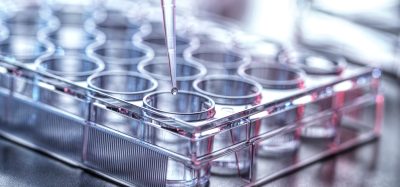Scientists discover compound to combat multidrug-resistant bacteria
Posted: 7 January 2022 | Mandy Parrett (Drug Target Review) | No comments yet
Taking a novel approach to antibiotic discovery, researchers at Rockefeller University have hit upon a promising solution to the problem of superbugs – a pervasive threat in hospitals the world over.


Long deemed a defiant obstacle to securing our wellbeing, the warning bell sounded by the United Nations in 20191 that drug-resistant diseases could cause 10 million deaths each year by 2050 and economic damage on a par with that of the 2008-2009 global financial crisis signalled a call to arms from the scientific community.
In gallant response, a research team at Rockefeller University used an innovative method investigating bacterial DNA for corresponding genes and found a compound that could potentially outmanoeuvre colistin resistance in bacteria.
Given that hospital superbugs are not only immune to blockbuster drugs like penicillin and tetracycline, but even colistin – an antibiotic that has long been relied upon as a vital last option for patients – there are often no remaining solutions for individuals with such infections.
Biomarkers are redefining how precision therapies are discovered, validated and delivered.
This exclusive expert-led report reveals how leading teams are using biomarker science to drive faster insights, cleaner data and more targeted treatments – from discovery to diagnostics.
Inside the report:
- How leading organisations are reshaping strategy with biomarker-led approaches
- Better tools for real-time decision-making – turning complex data into faster insights
- Global standardisation and assay sensitivity – what it takes to scale across networks
Discover how biomarker science is addressing the biggest hurdles in drug discovery, translational research and precision medicine – access your free copy today
The capability to thwart colistin-resistant bacteria is therefore a huge achievement.
The newly developed molecule, named macolacin, has demonstrated potency against several types of colistin-resistant bacteria including intrinsically resistant Neisseria gonorrhoeae, which is classified as a highest-level threat pathogen by the Centers for Disease Control and Prevention. Colistin, conversely, is completely inactive against this pathogen.
In a mouse model, optimised macolacin completely cleared infection by colistin-resistant XDR A. baumannii, another highest-level threat pathogen, while colistin and a placebo had little to no effect.
“Our findings suggest macolacin could potentially be developed into a drug to be deployed against some of the most troubling multidrug-resistant pathogens,” says Sean F Brady, who is Rockefeller’s Evnin Professor.
These findings were published in Nature.
Reference
- New report calls for urgent action to avert antimicrobial resistance crisis [Internet]. Who.int. 2022 [cited 7 January 2022]. Available from: https://www.who.int/news/item/29-04-2019-new-report-calls-for-urgent-action-to-avert-antimicrobial-resistance-crisis
Related topics
Analysis, Antibiotics, Drug Discovery, Drug Leads, Therapeutics
Related organisations
Centers for Disease Control and Prevention, Nature, United Nations, World Health Organization (WHO)
Related people
Sean F Brady (Rockefeller University)








